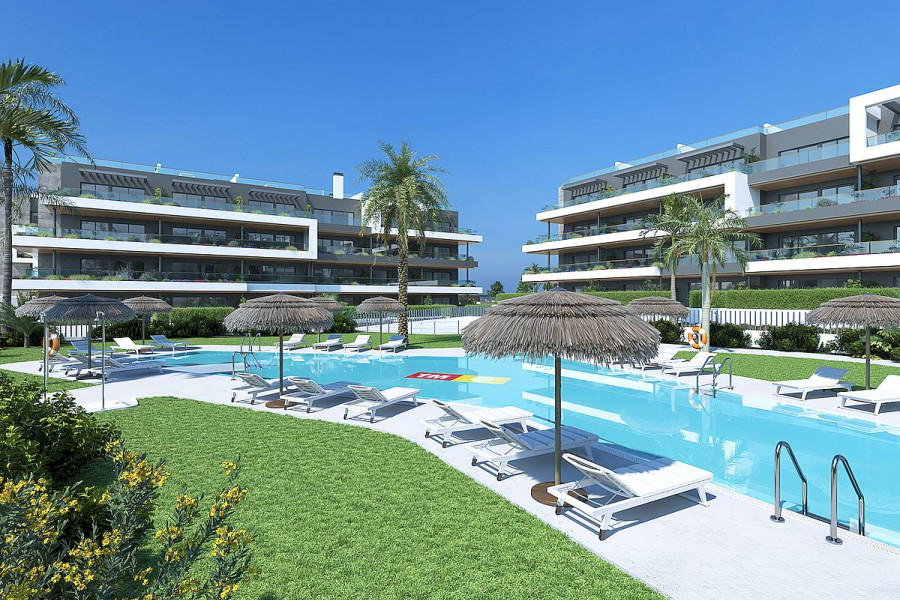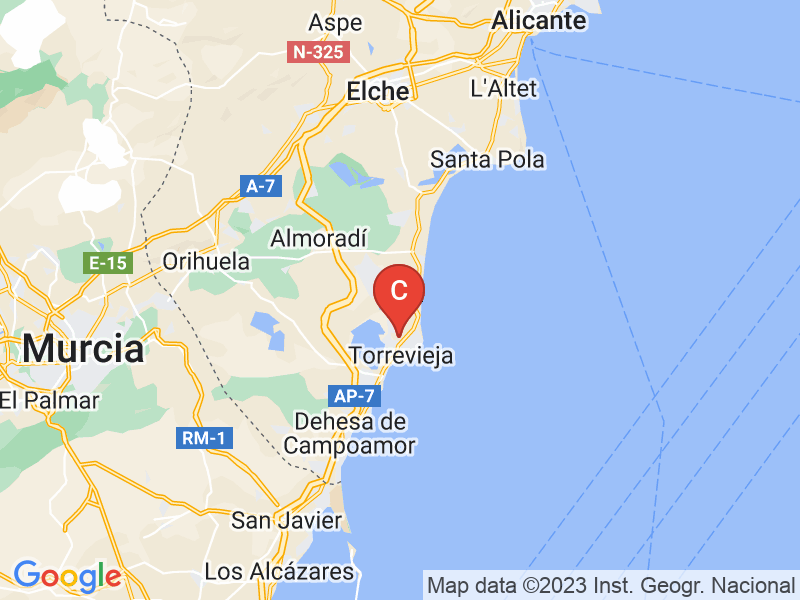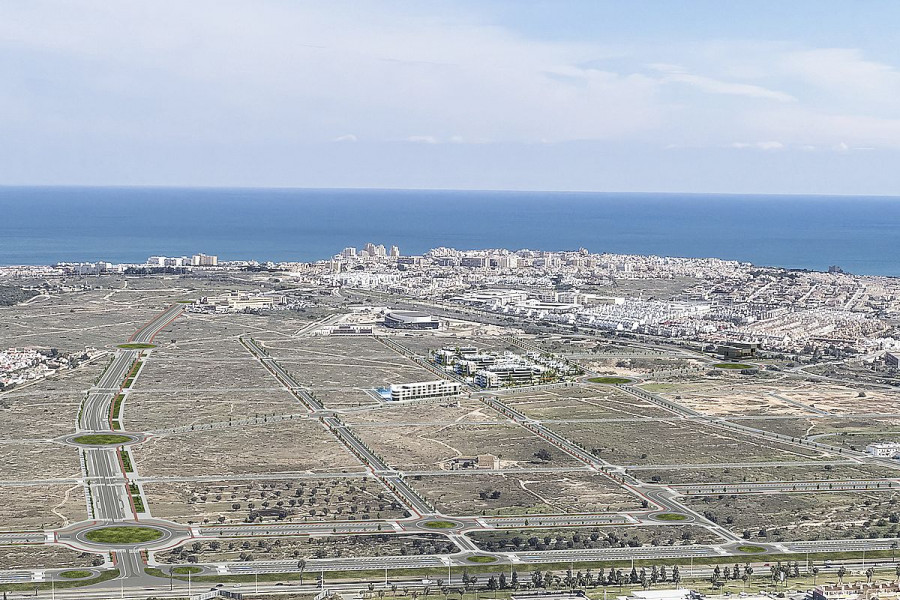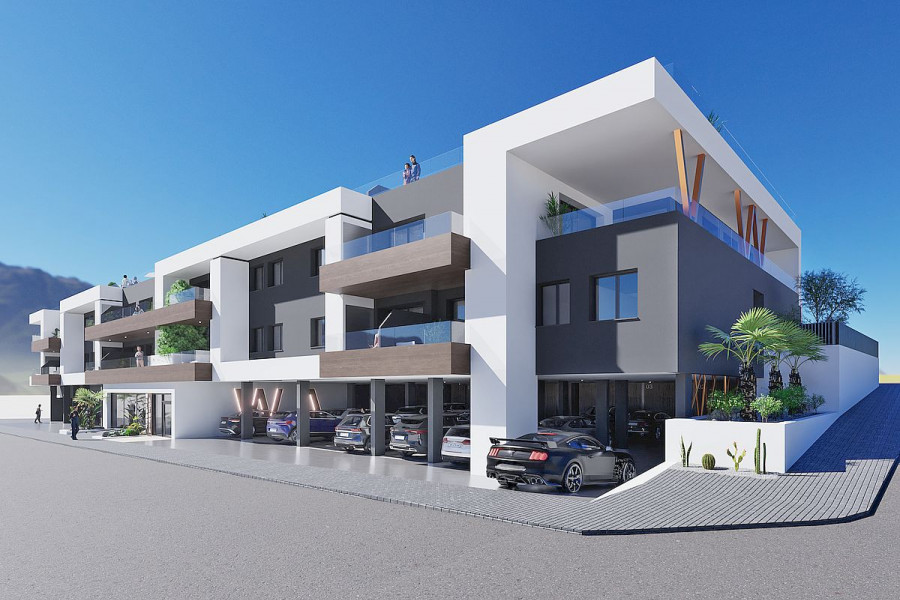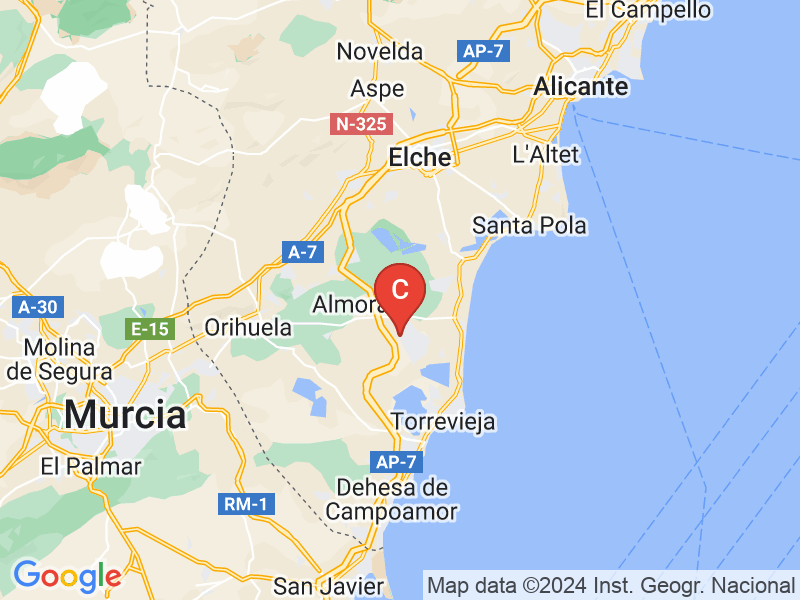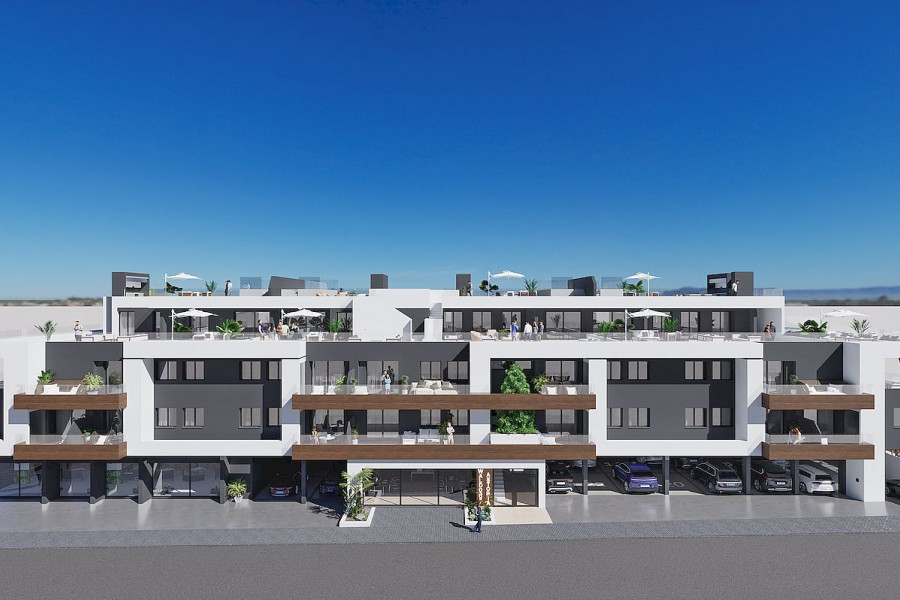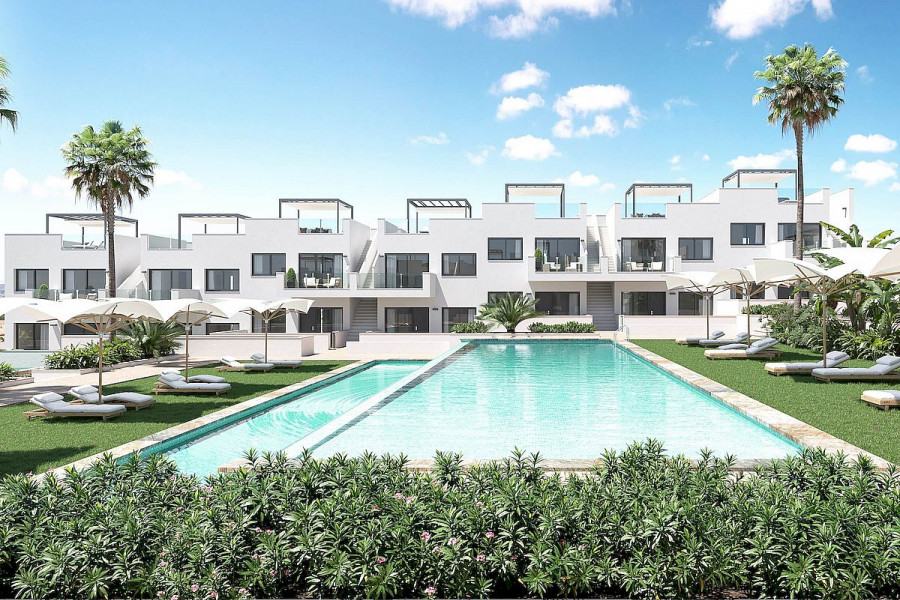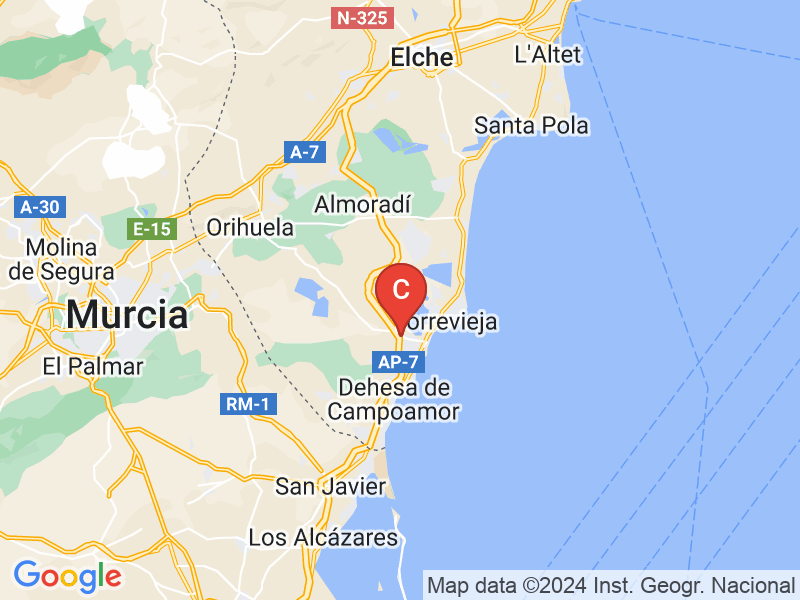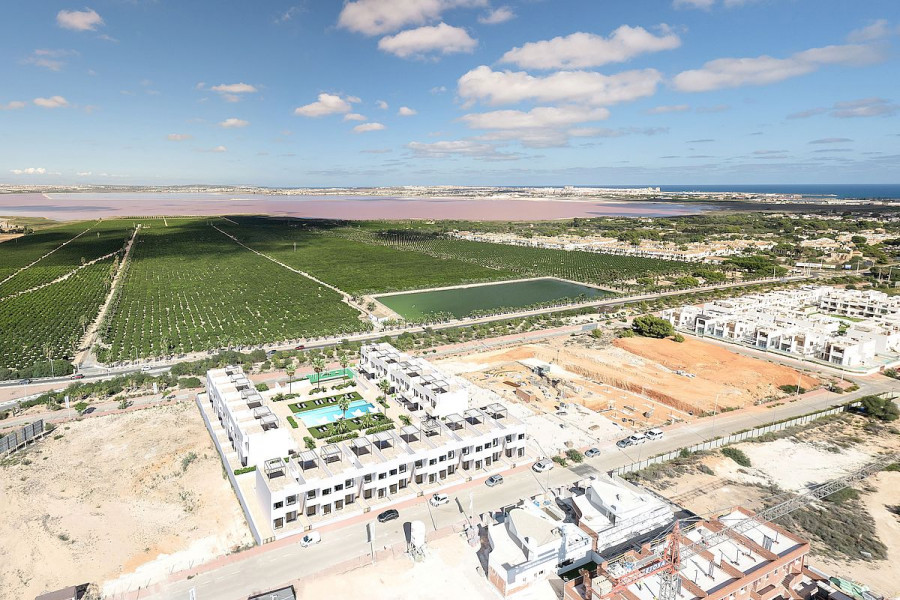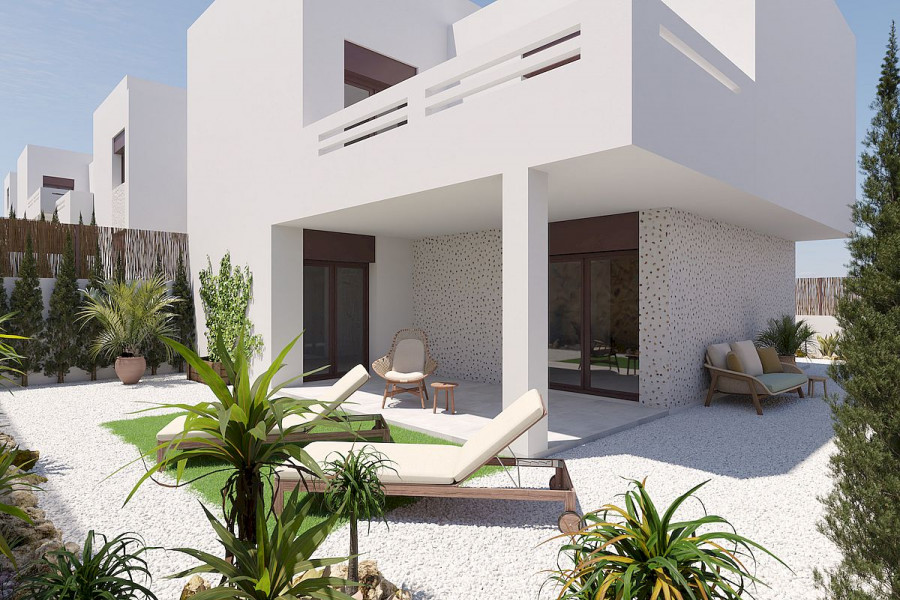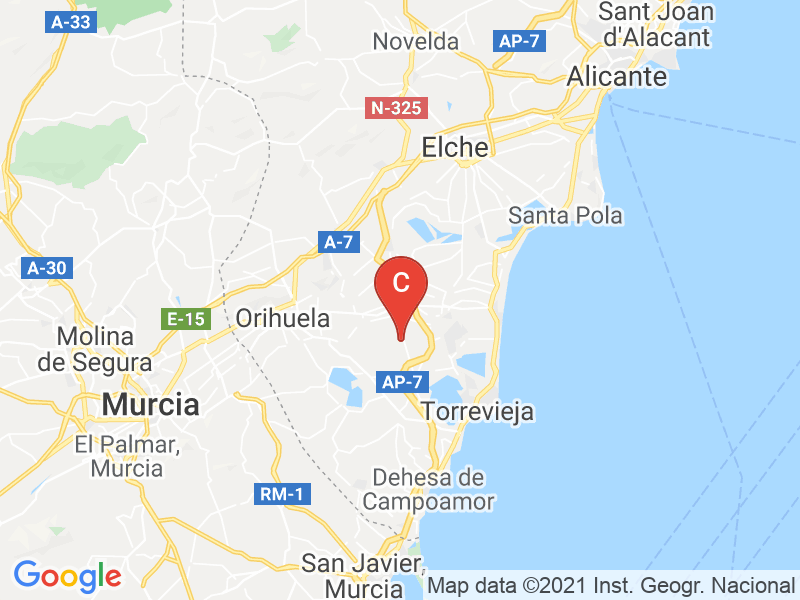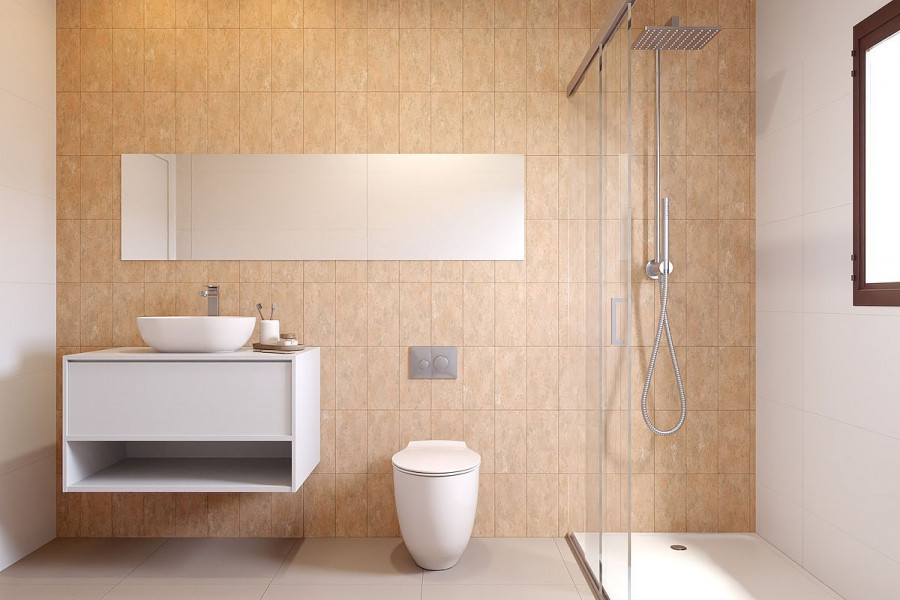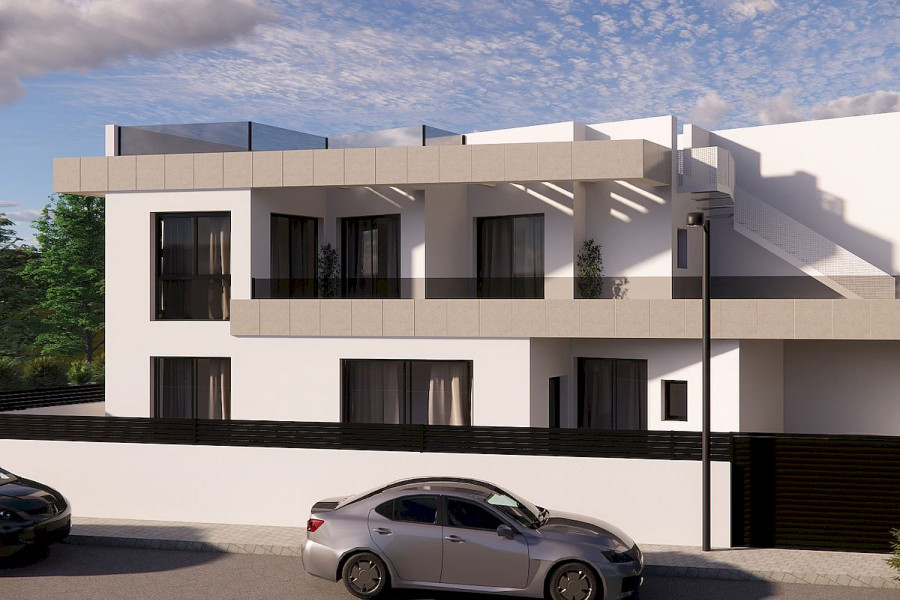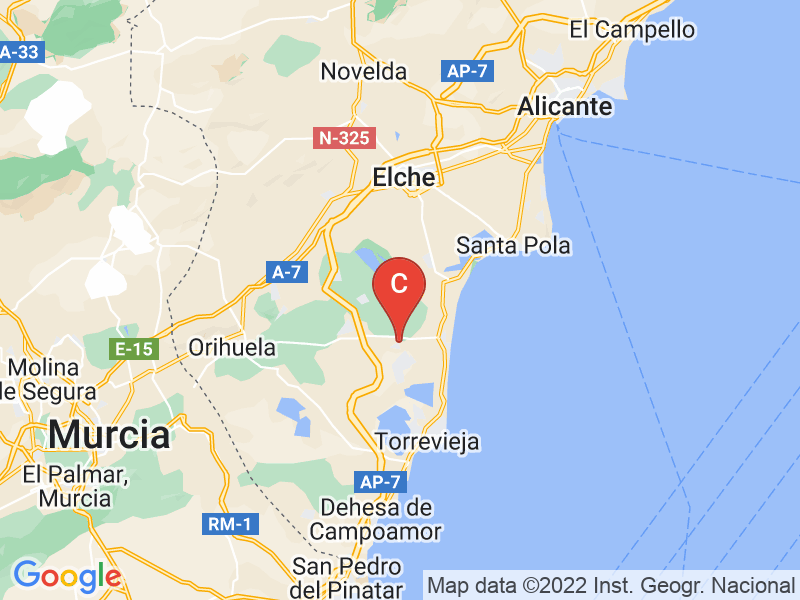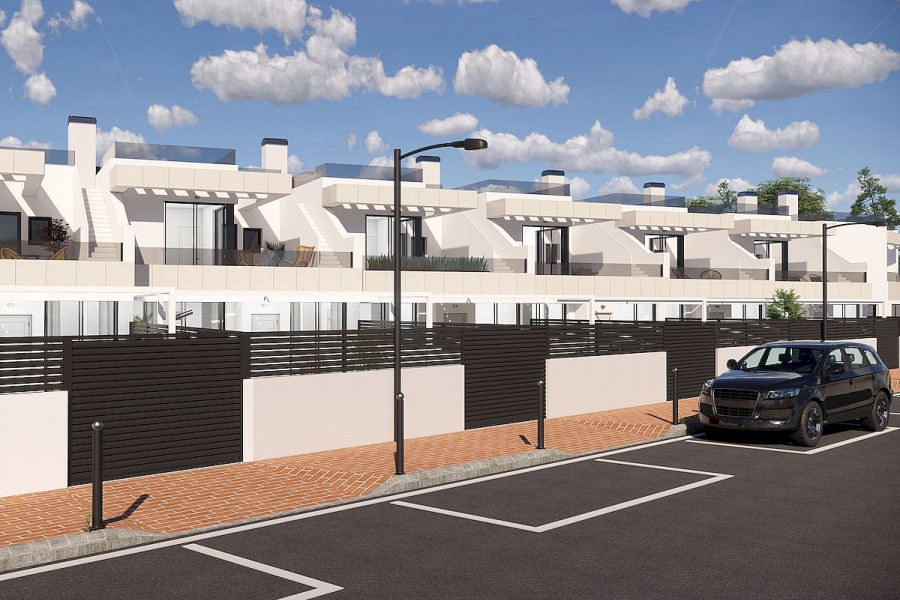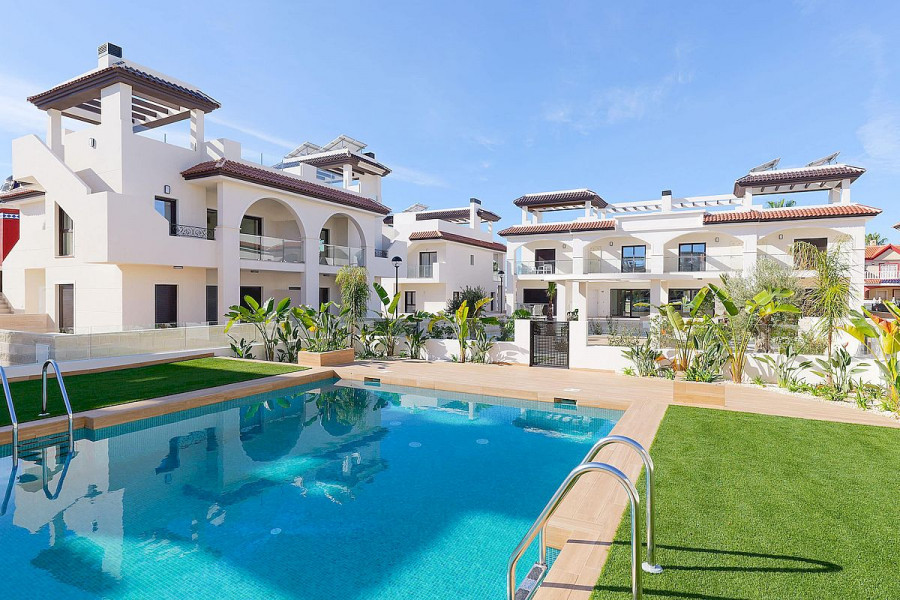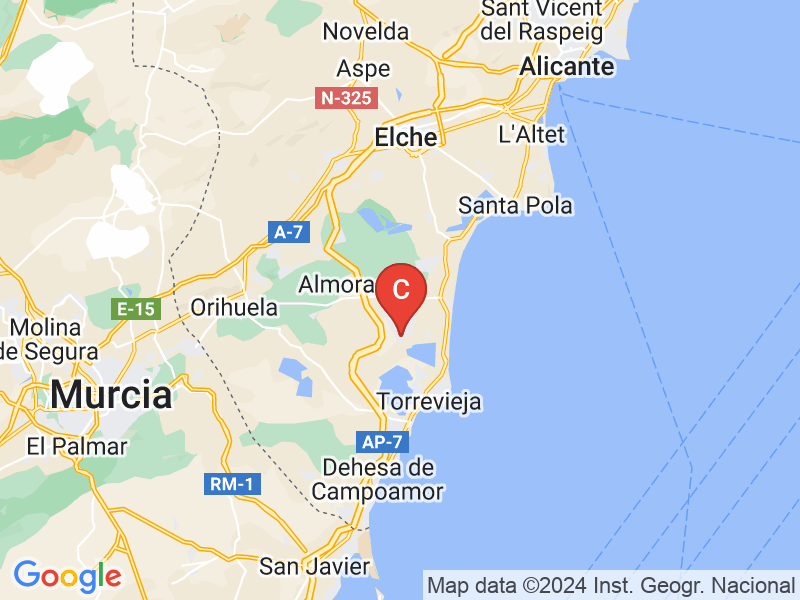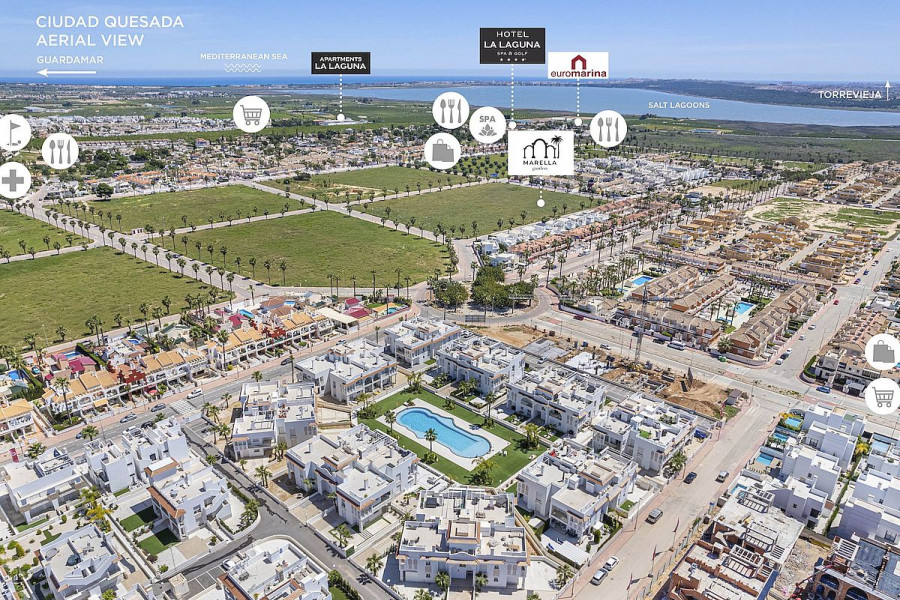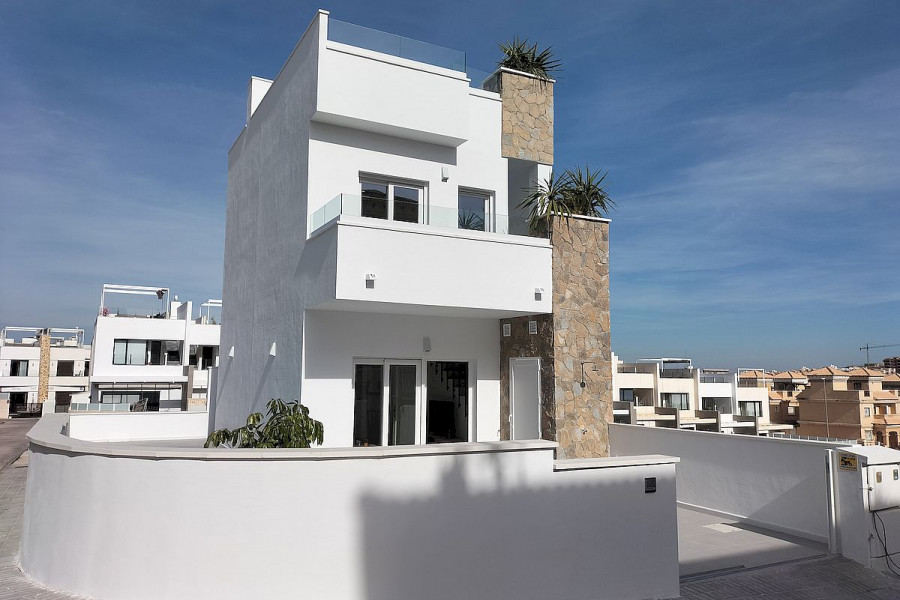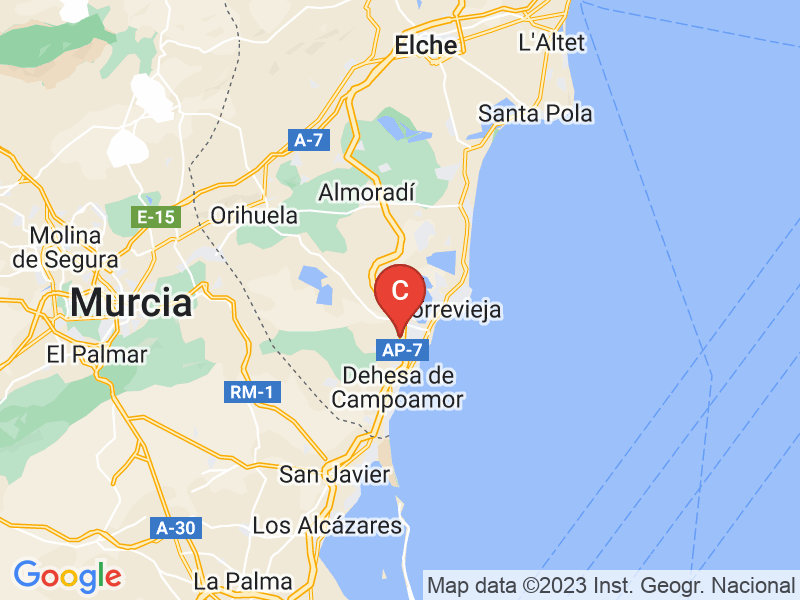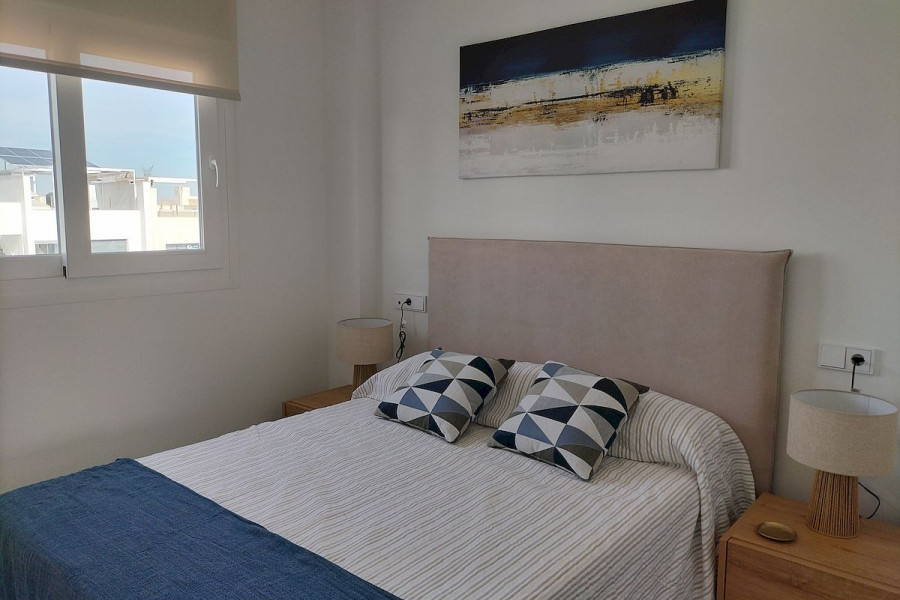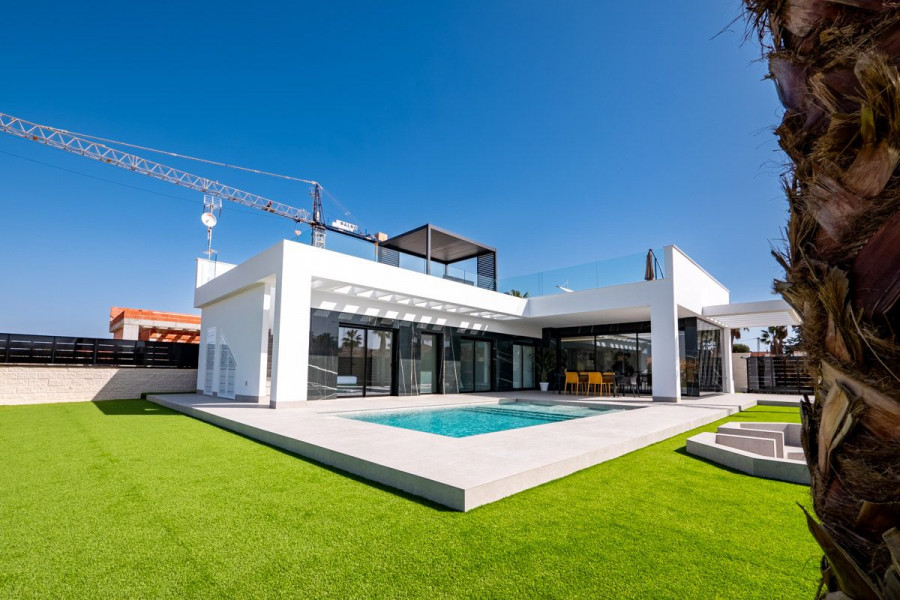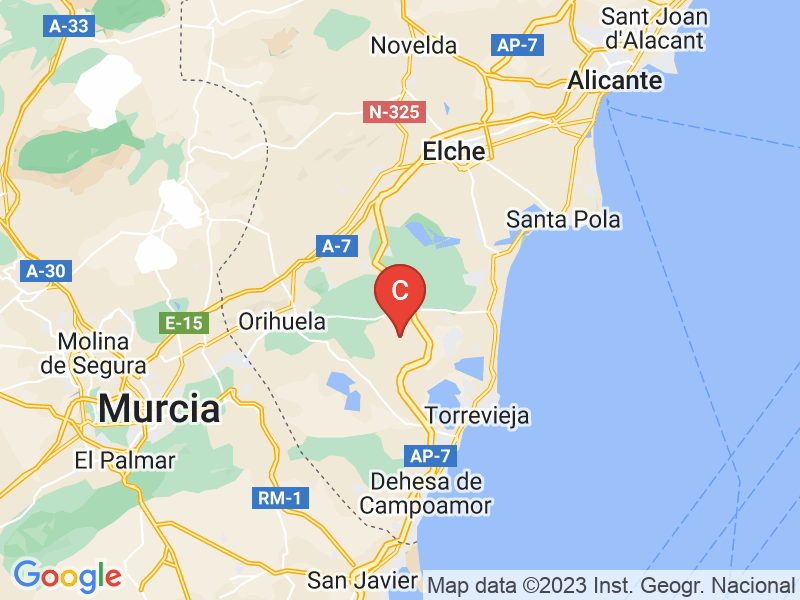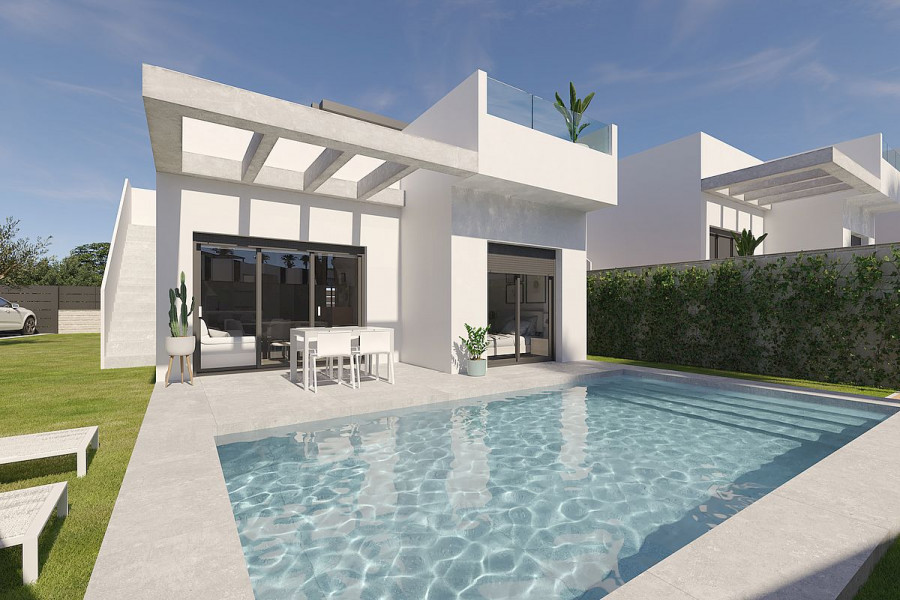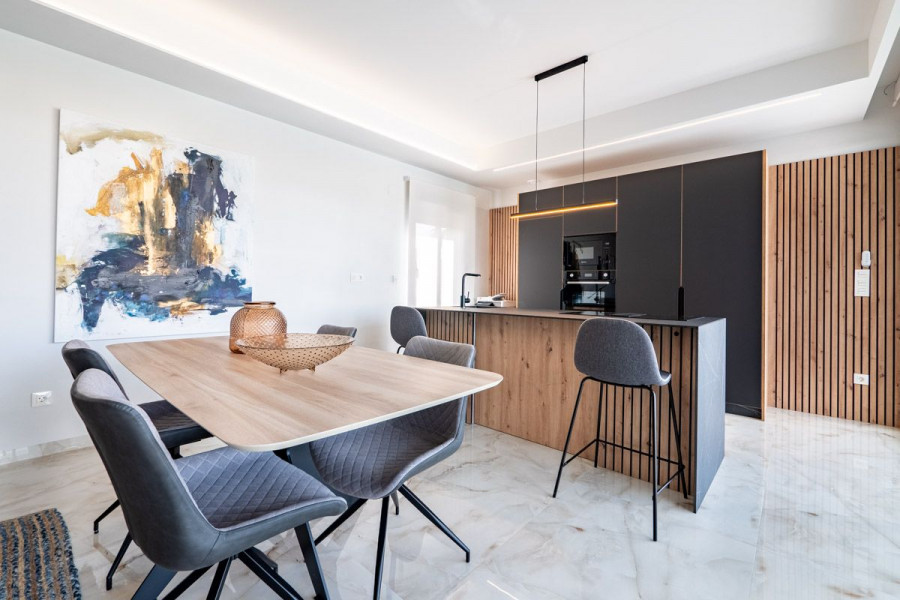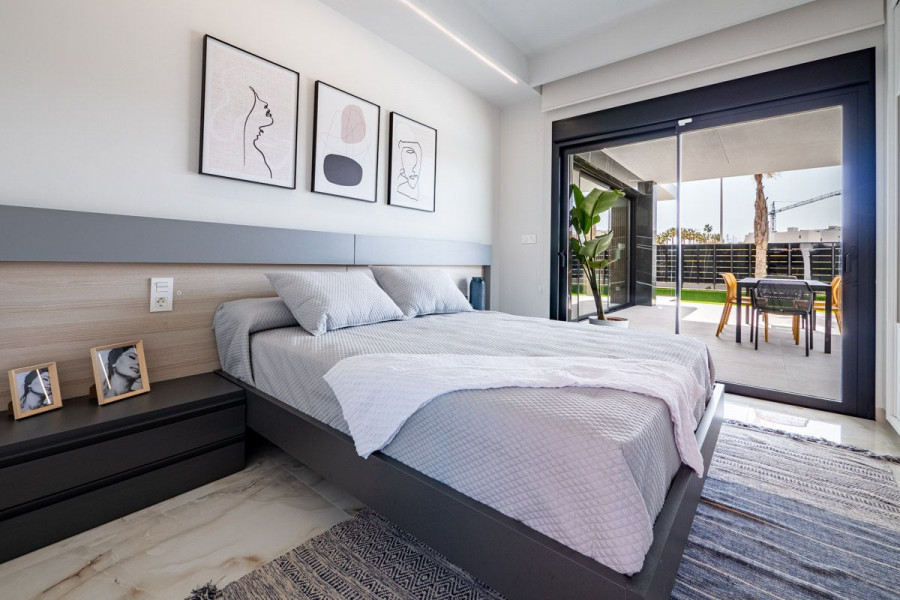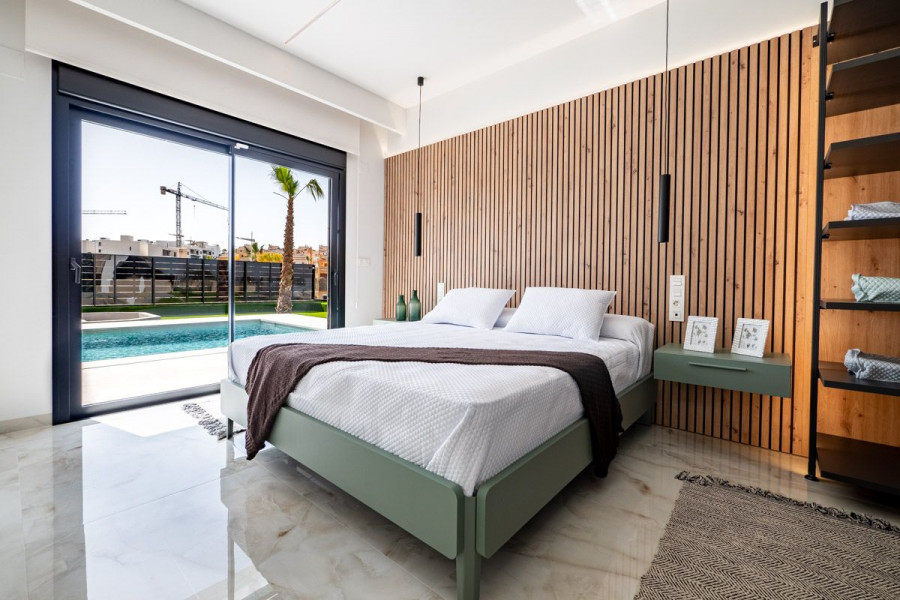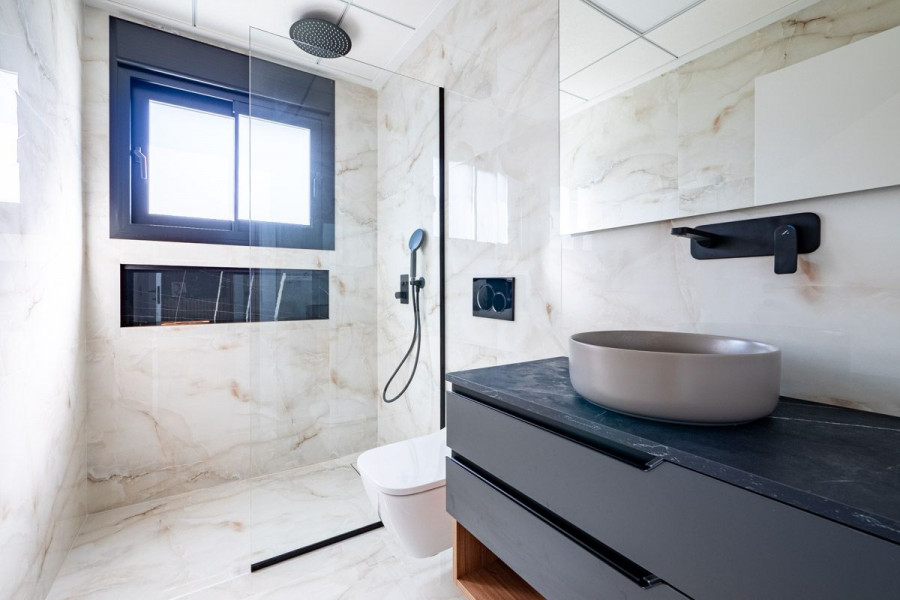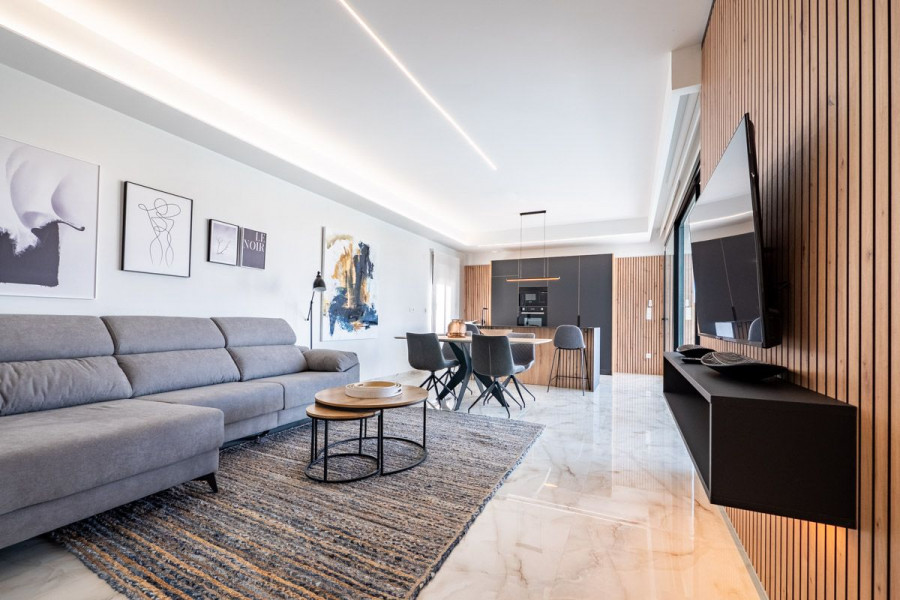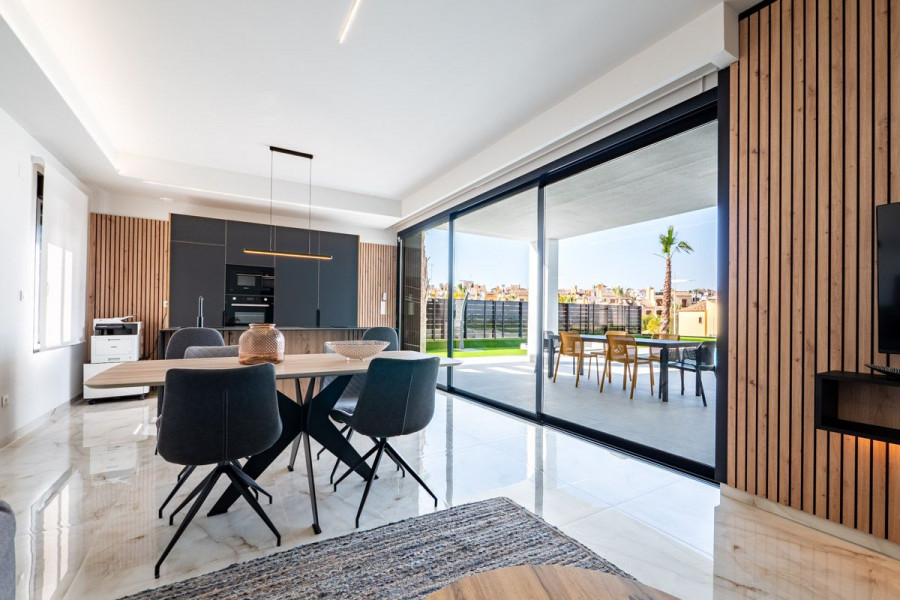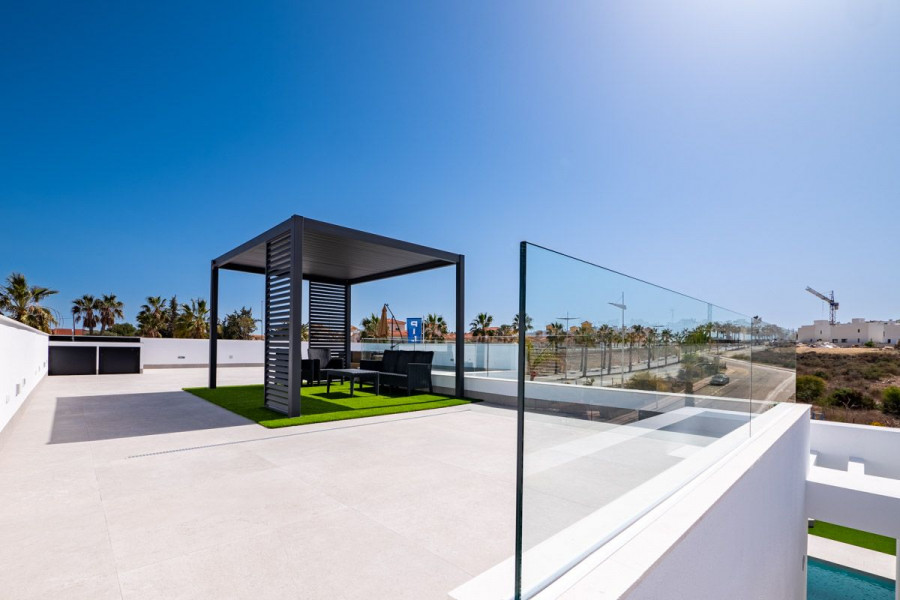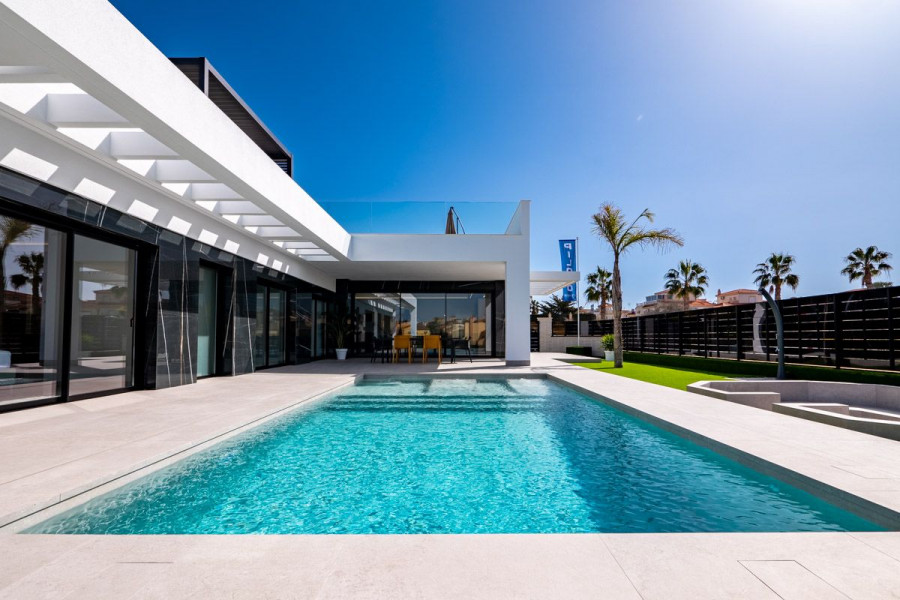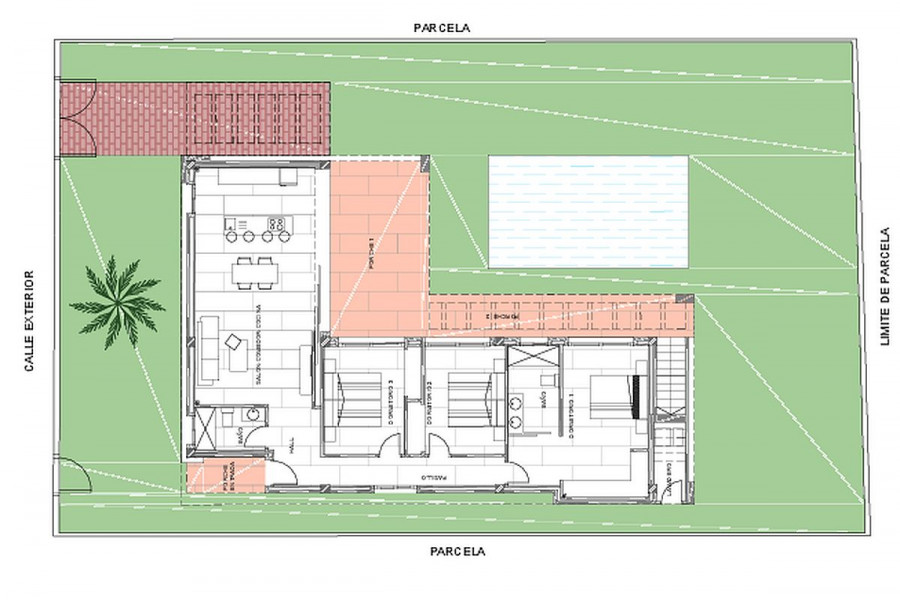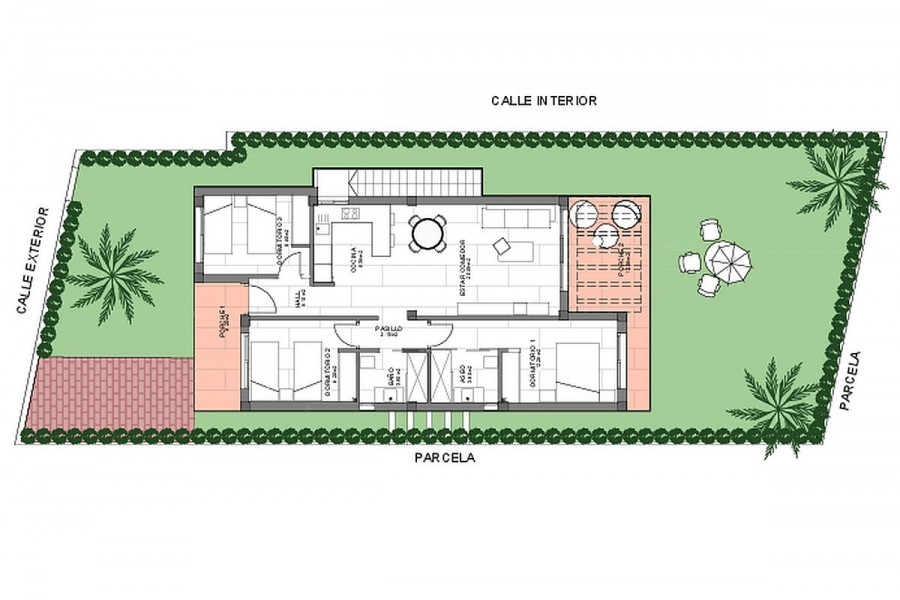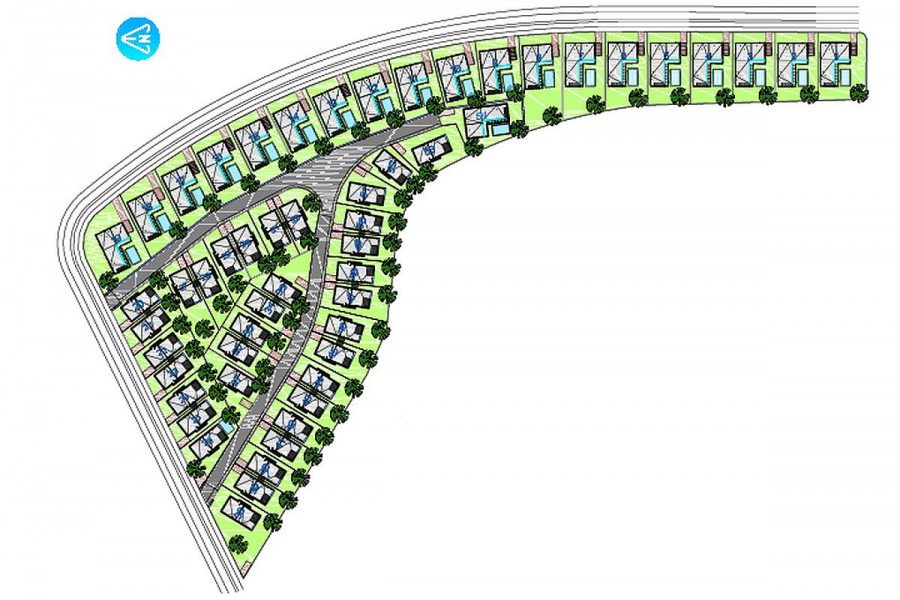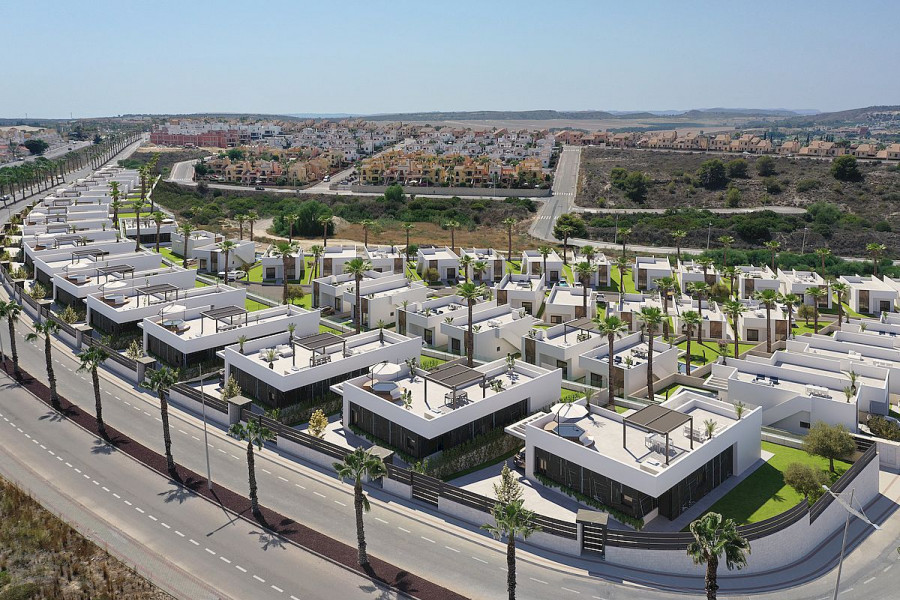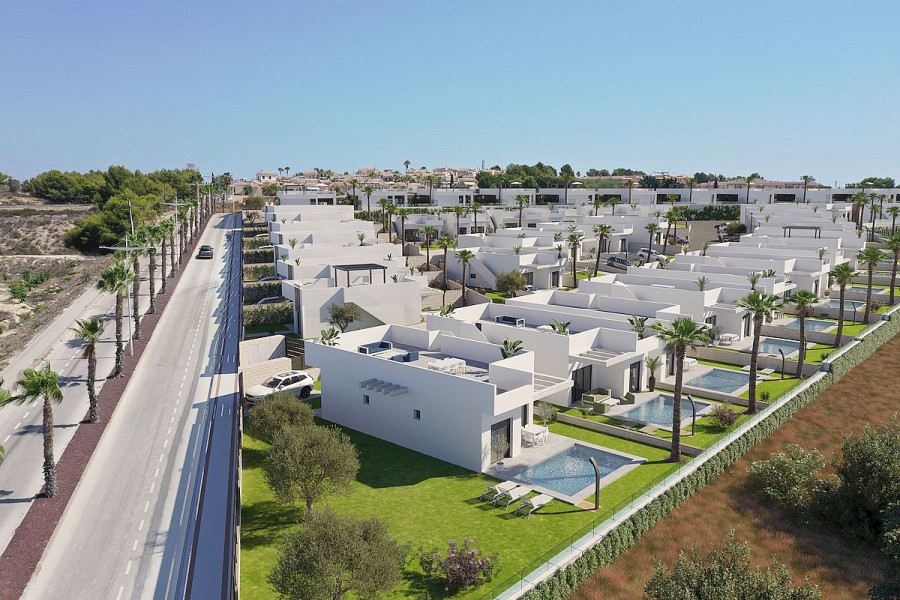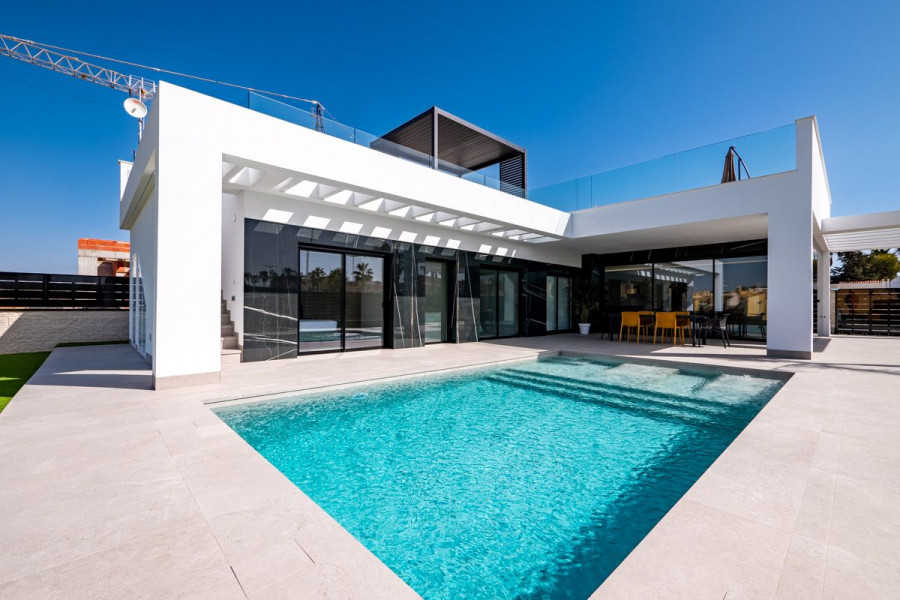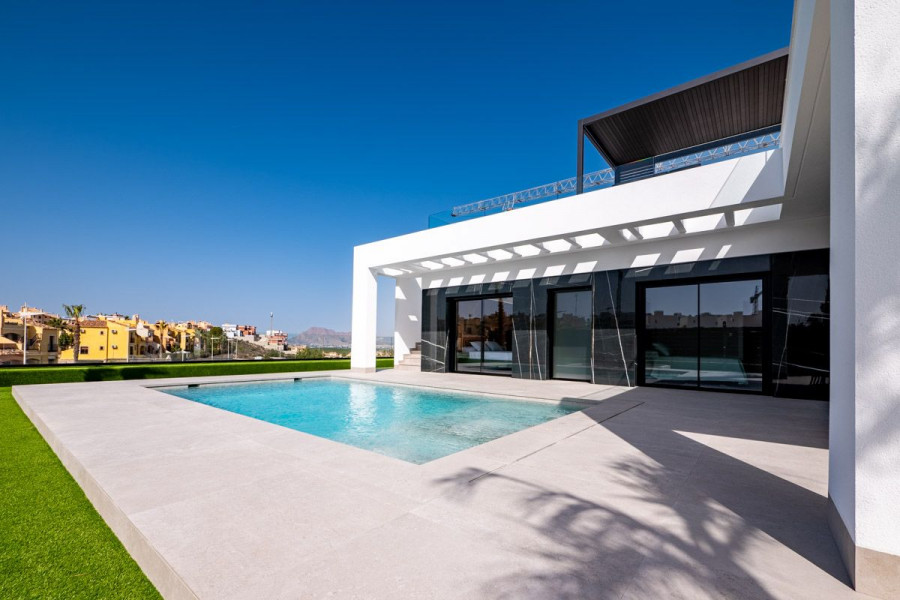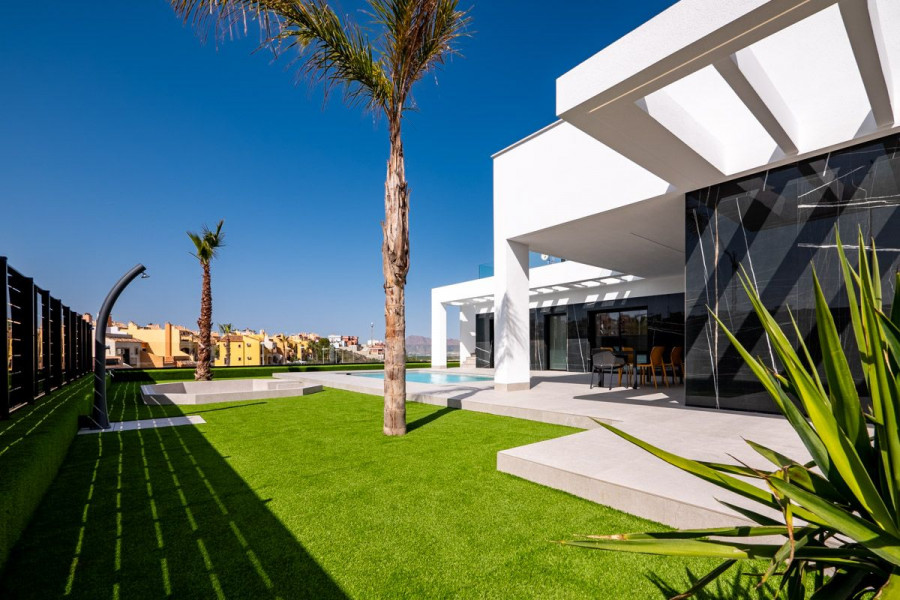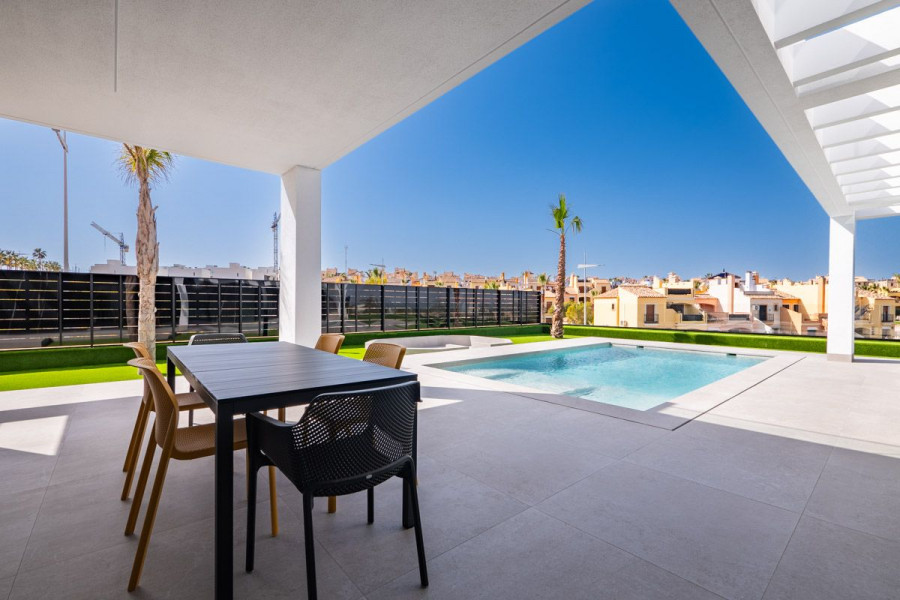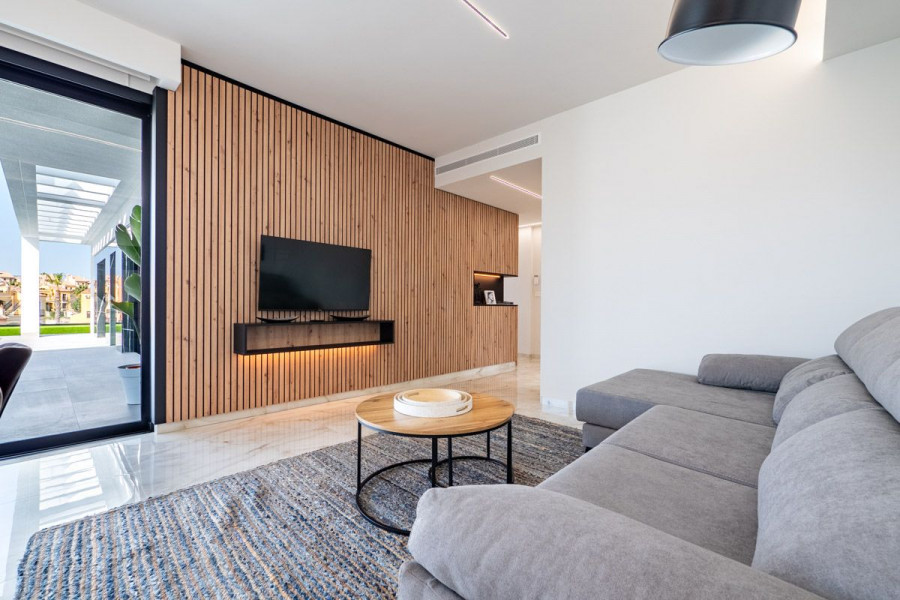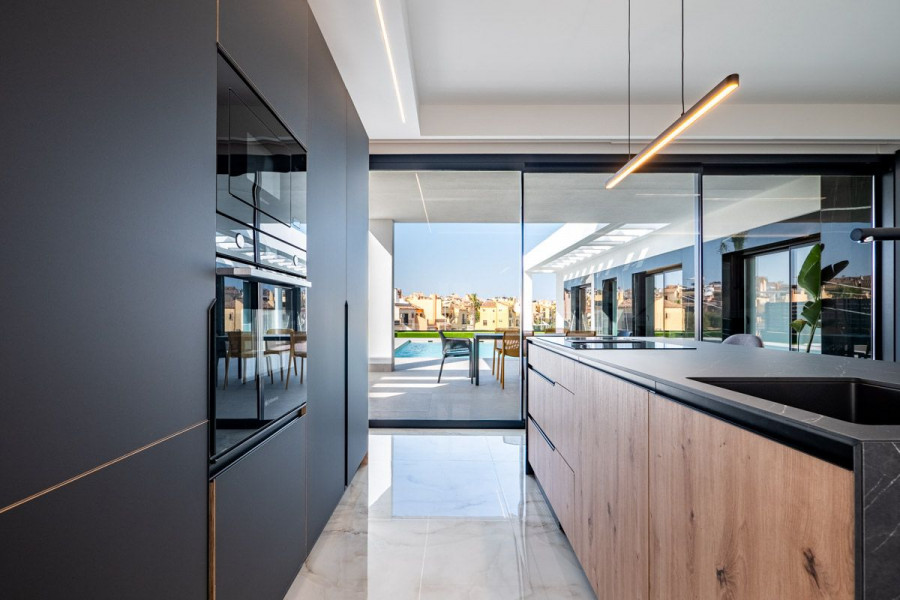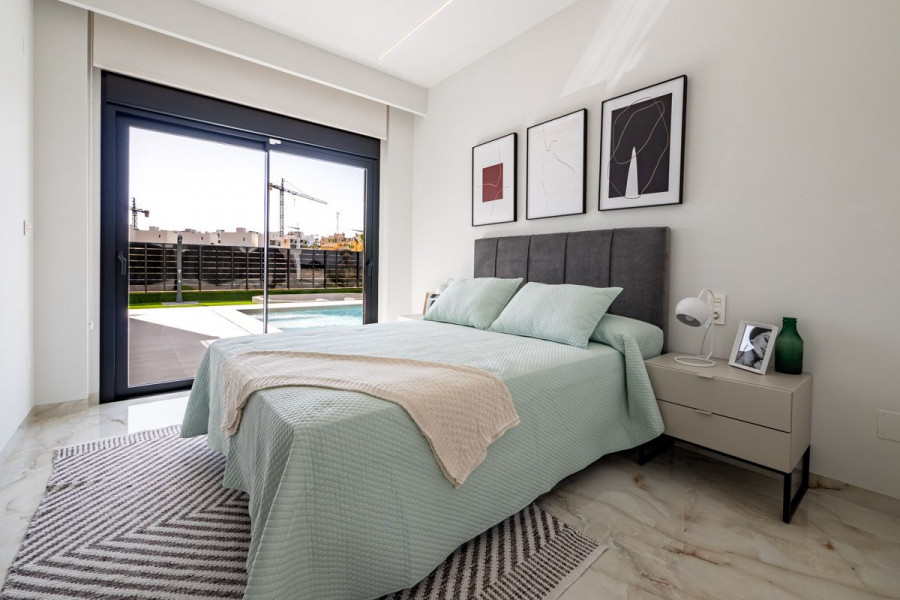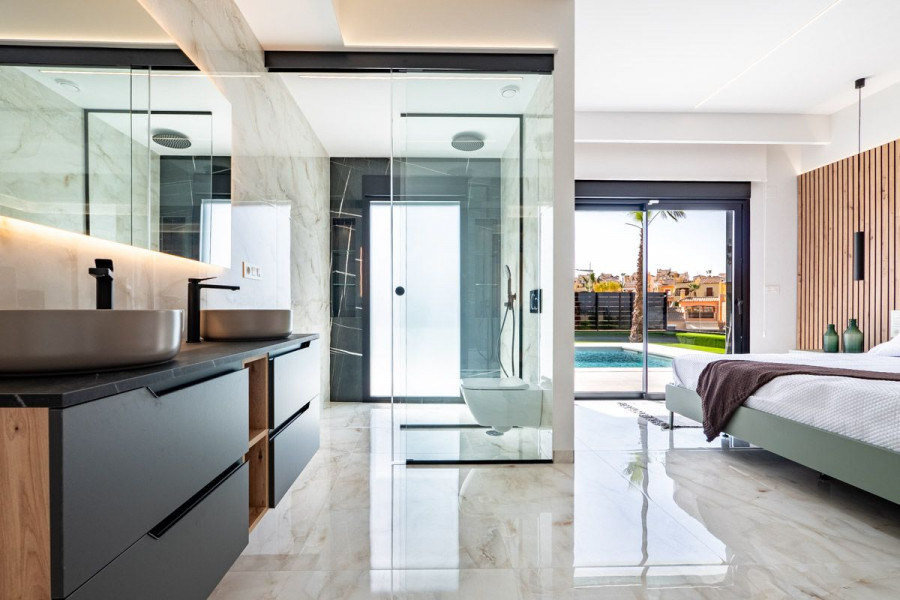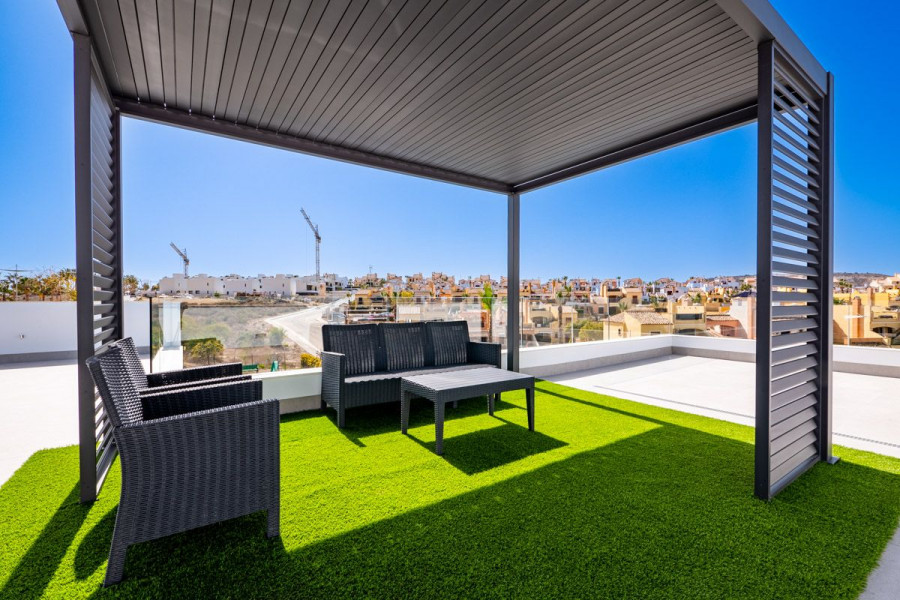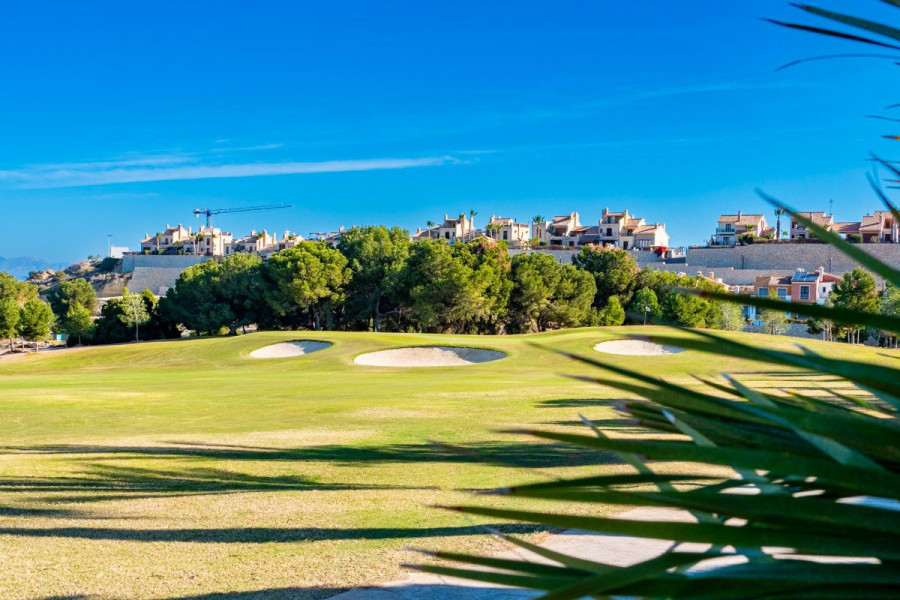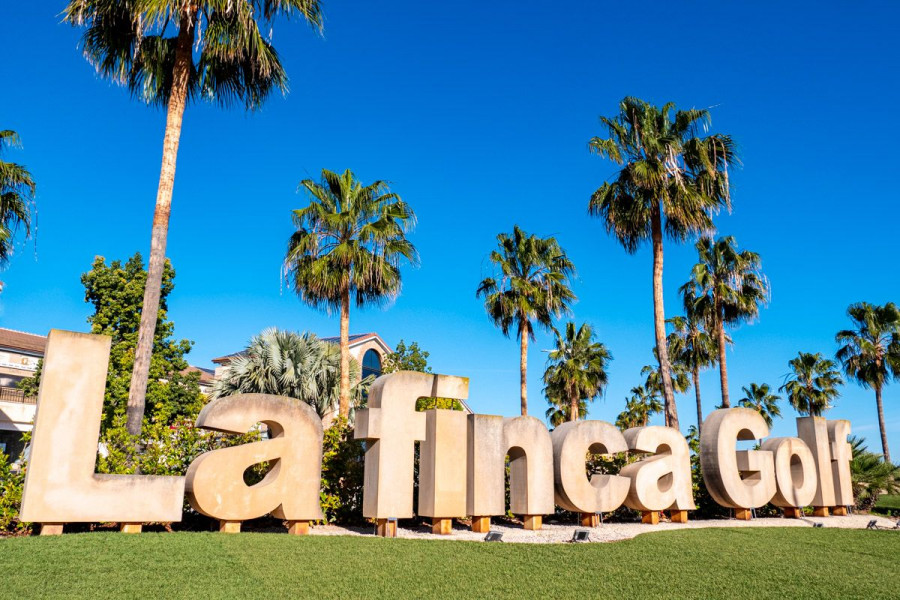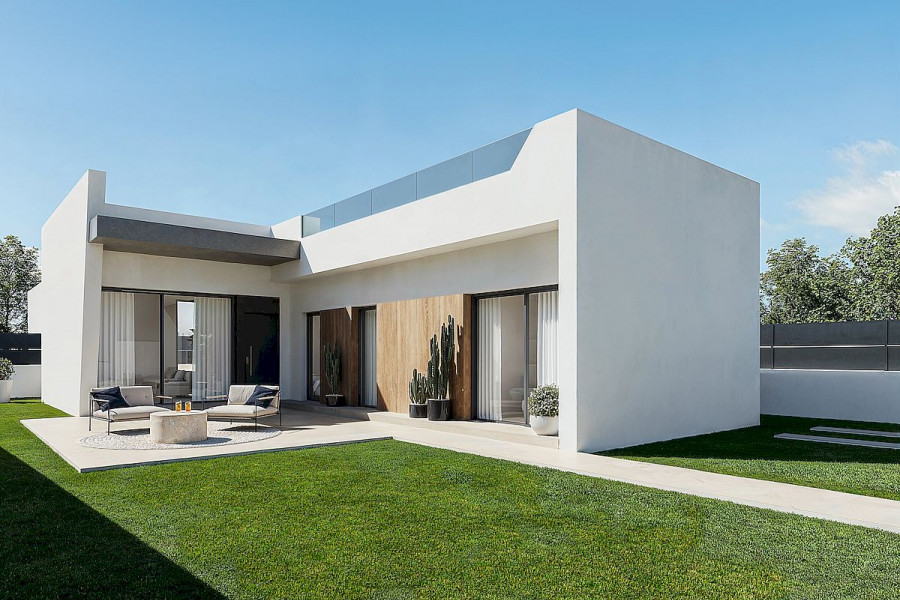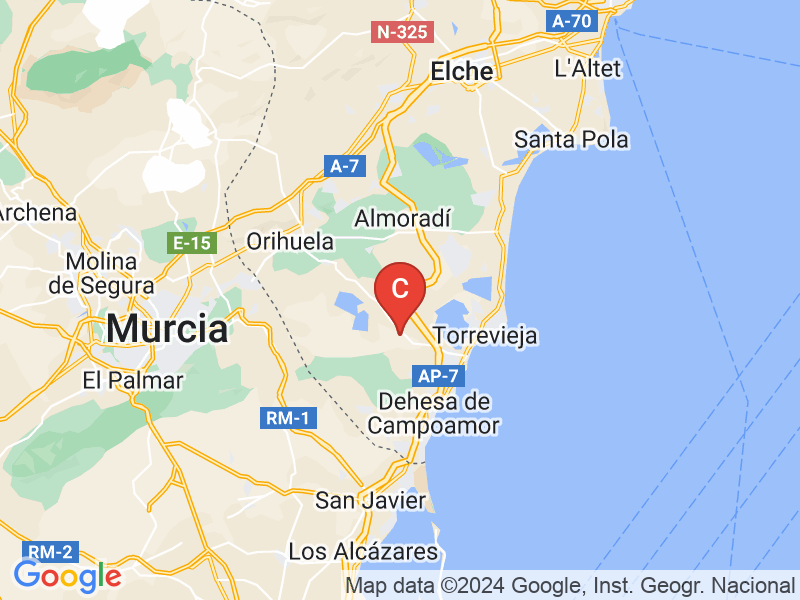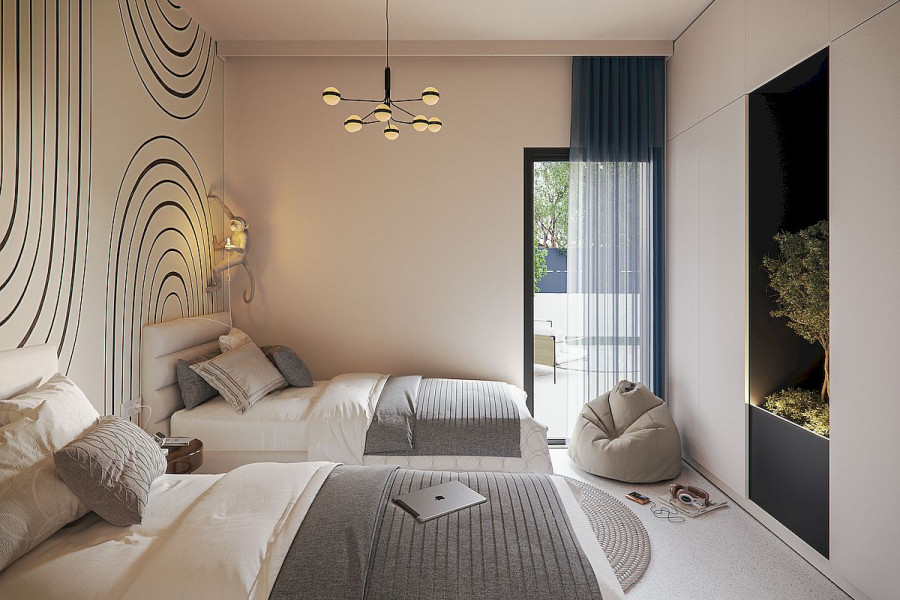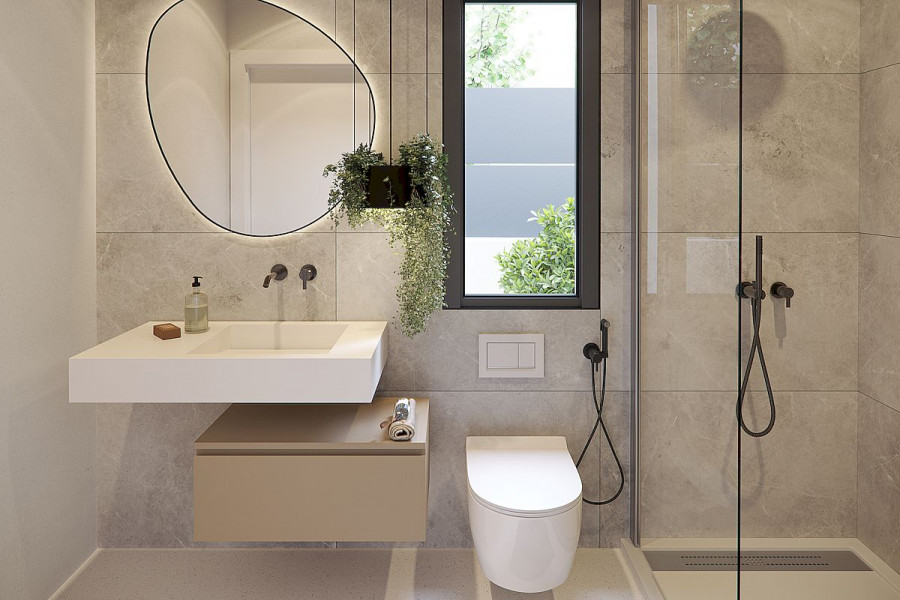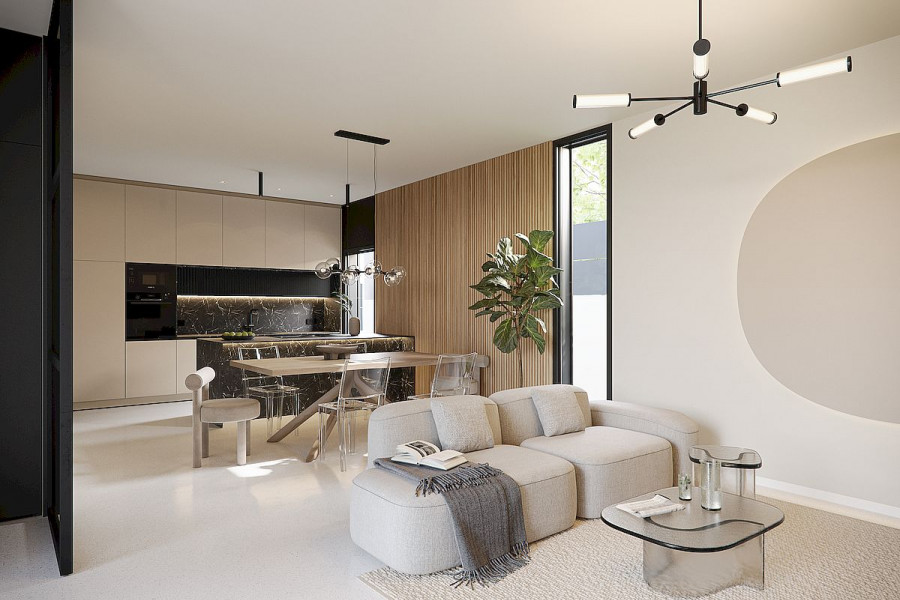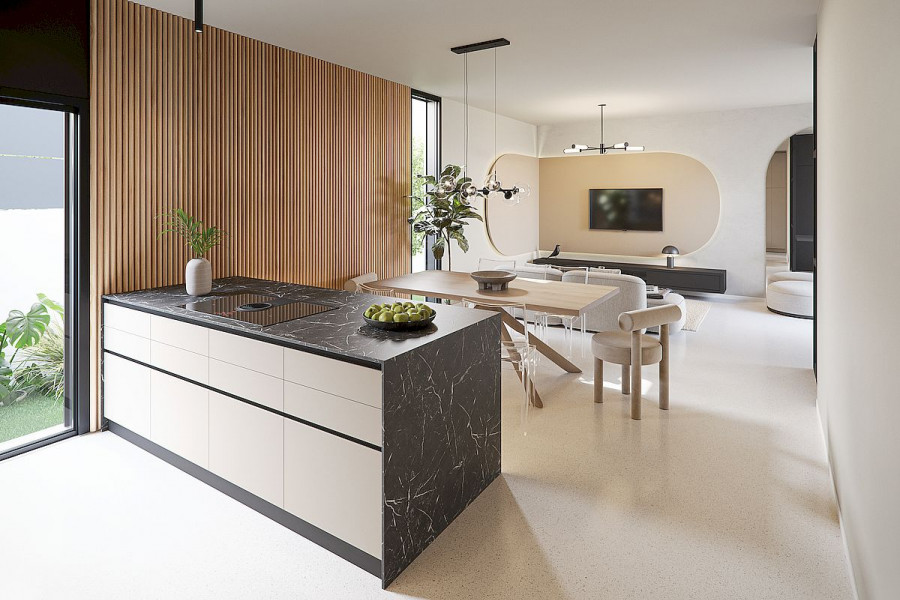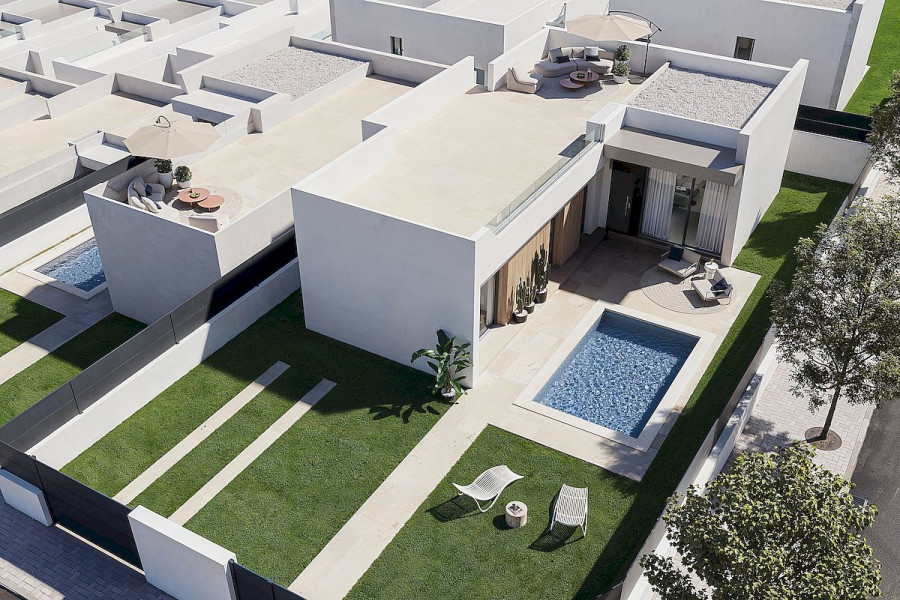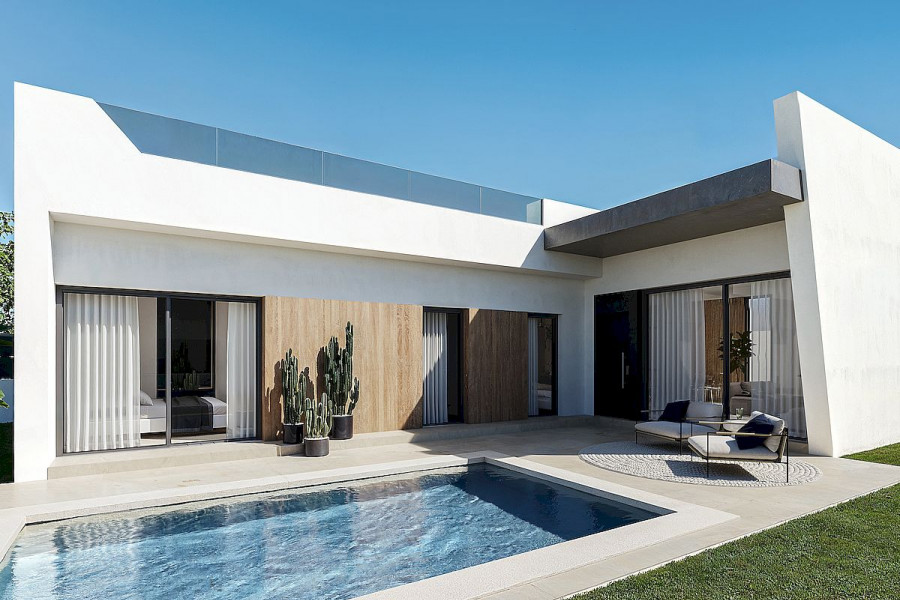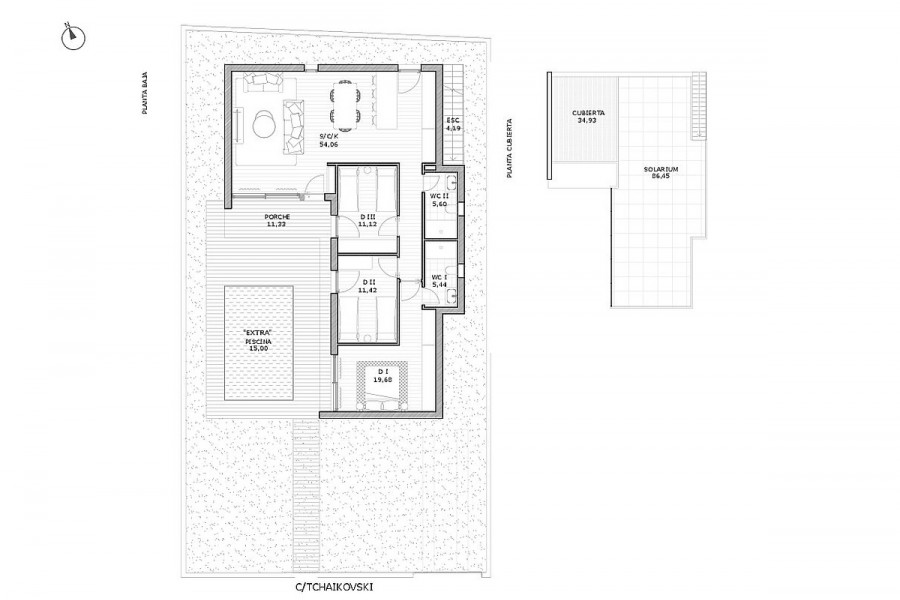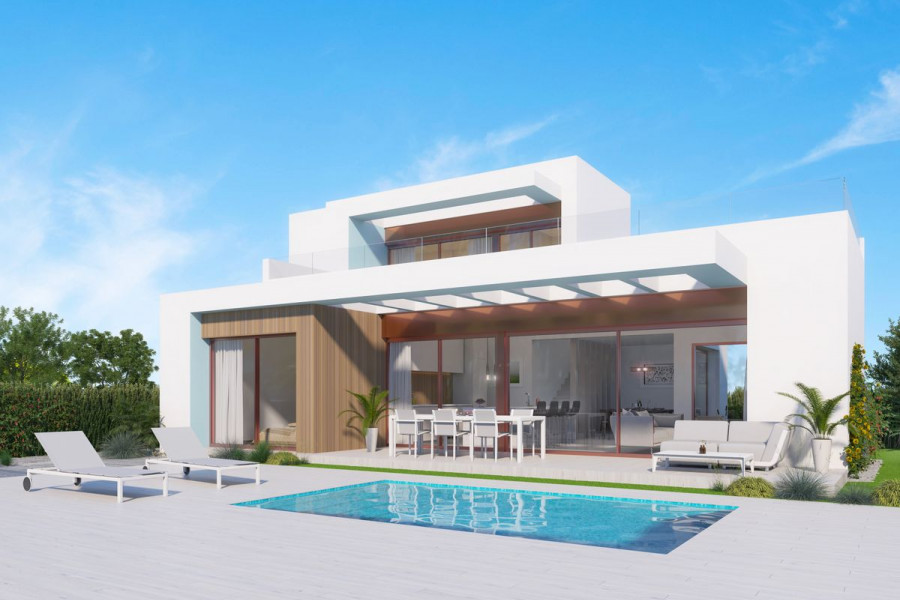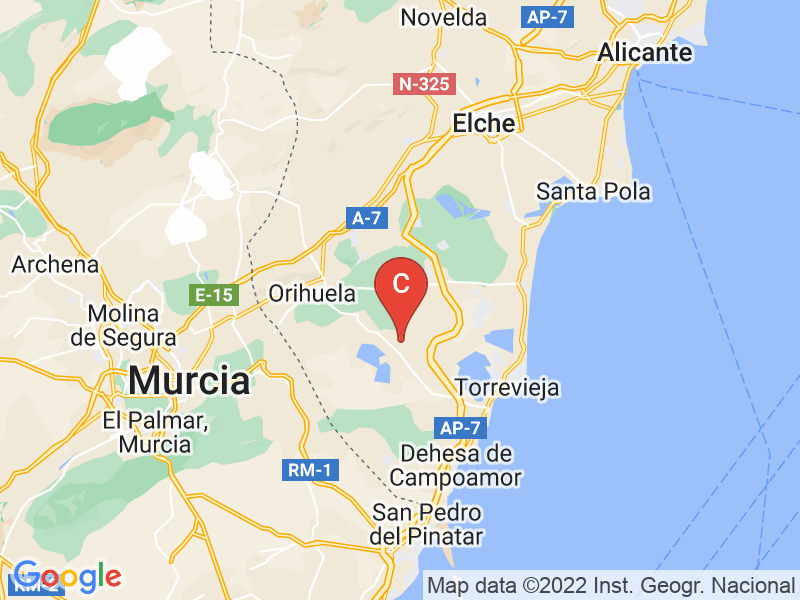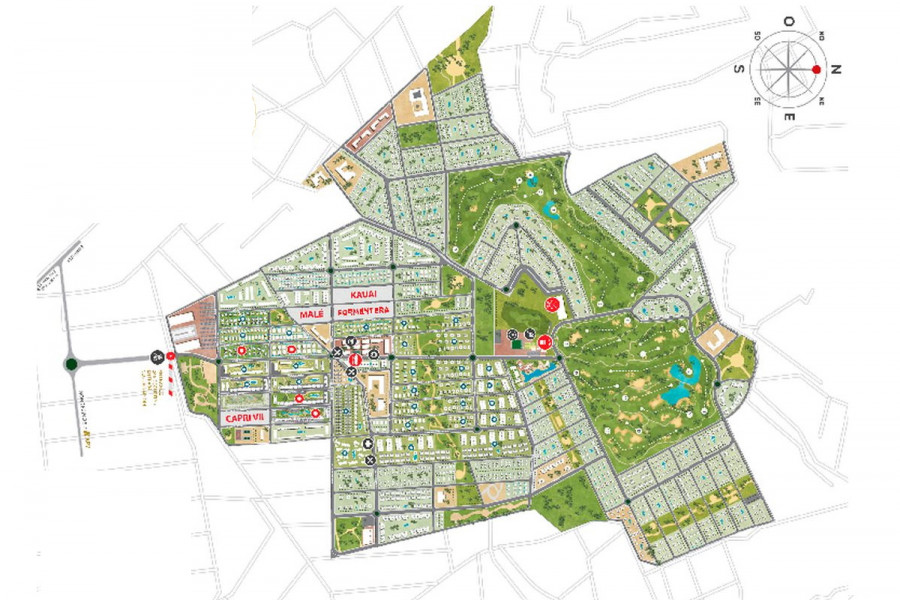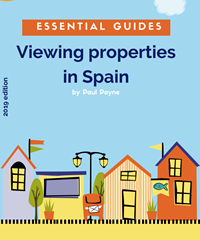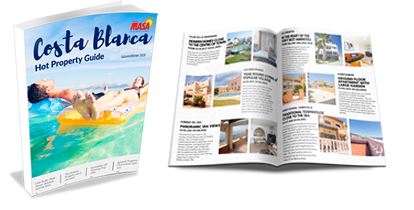Budgeting for the purchase of a property on the Costa Blanca

Buying a new property in the Alicante region of Spain can be an exciting and rewarding experience. However, it’s essential to understand and budget for the additional costs you’ll incur on top of the sales price. Here is a comprehensive breakdown of the various expenses to consider when purchasing a new property in Alicante, so you can prepare accordingly.
Remember these costs are approximate and may vary from property to property. We can assist you in finding a good English speaking lawyer in the area where you decide to buy. They will provide you with a breakdown of costs tailored to the Spanish property you are buying.
- Taxes and fees: a. Transfer Tax (Impuesto sobre Transmisiones Patrimoniales or ITP): As a buyer, you’ll be required to pay a transfer tax, which is typically 10% of the property’s value in the Alicante region. This tax is applicable to resale properties and is paid upon signing the deed.
b. VAT (Value Added Tax) and Stamp Duty: If you’re purchasing a newly-built property, you’ll be required to pay VAT (IVA) at 10% of the property’s value and a stamp duty (AJD) of 1.5% of the property’s value.
- Notary fees: The notary is responsible for authenticating the property transaction by witnessing the signing of the deed (escritura). Notary fees in Spain are regulated by the government and depend on the property’s value. You can expect to pay between 0.1% and 0.3% of the property’s value in notary fees.
- Land registry fees: After the transaction is completed, you’ll need to register your new property in the Spanish Land Registry (Registro de la Propiedad). This ensures that your ownership rights are recorded and protected. Land registry fees range from 0.1% to 0.3% of the property’s value.
- Legal fees: When purchasing a property in Spain, it’s highly recommended to hire a Spanish lawyer or solicitor (abogado) to help navigate the legal complexities of the process. Legal fees typically range from 1% to 2% of the property’s value, depending on the complexity of the transaction and the services provided.
- Mortgage fees: If you’re financing your property purchase with a mortgage, you’ll need to budget for various mortgage-related costs, including:a. Mortgage arrangement fees: These fees are charged by the bank for processing and setting up the mortgage. They typically range from 0.5% to 2% of the mortgage amount.b. Mortgage valuation fees: Before approving a mortgage, the bank will require a valuation of the property. This valuation is typically carried out by a professional surveyor, and the cost can range from €200 to €600, depending on the property’s size and location.c. Mortgage insurance: Most banks require borrowers to take out mortgage insurance to protect against default. The cost of this insurance varies based on the mortgage amount and the borrower’s risk profile.
- Property survey: While not mandatory, it’s a good idea to commission a property survey to identify any potential structural issues, legal discrepancies, or other concerns before completing the purchase. Survey fees can range from €300 to €1,000, depending on the property’s size and complexity.
- Utility connections: When buying a new property, you may need to budget for the cost of connecting utilities, such as electricity, water, and gas. These costs can vary depending on the property and the utility providers but can range from €100 to €500 per connection.
- Removal and transportation costs: Budget for the cost of moving your possessions to your new property. This can include hiring a removal company, transportation costs, and any storage fees that may apply. Prices can vary greatly depending on the distance and the volume of belongings being moved.
- Home insurance: It’s essential to protect your new investment with home insurance. Policies vary in price and coverage, so
- it’s crucial to shop around and find the best policy for your needs. Some factors that can affect your home insurance premium include the property’s location, size, and construction materials. On average, you can expect to pay between €200 and €600 per year for a standard home insurance policy.
- Furnishing and decoration: Depending on the state of the property when you purchase it, you may need to budget for furnishing and decorating your new home. The cost of furniture, appliances, and decorations can vary significantly based on your personal preferences and the size of your property. It’s a good idea to create a budget for each room, considering both necessities and luxury items, and then allocate a total amount for furnishing and decorating.
- Community fees: If your property is part of a community, such as an apartment complex or a gated residential area, you’ll likely be required to contribute to the upkeep and maintenance of communal areas, facilities, and services. Community fees can range from €50 to €200 per month, depending on the size of the community and the services provided.
- Property management fees: If you plan to rent out your property or use it as a holiday home, you may want to hire a property management company to handle tasks such as maintenance, cleaning, and tenant management. Property management fees vary based on the services provided, but they generally range from 10% to 20% of the monthly rental income.
- Local taxes: As a property owner in Spain, you’ll be subject to various local taxes, such as the annual property tax (Impuesto sobre Bienes Inmuebles or IBI) and the rubbish collection tax (tasa de basura). The IBI is based on the cadastral value of your property, and the rate varies by municipality, typically ranging from 0.4% to 1.1%. The rubbish collection tax varies by area and property type but is generally between €50 and €150 per year.
- Annual maintenance: Regular maintenance is crucial to preserving your property’s value and preventing costly repairs. Budget for annual expenses such as cleaning, gardening, and minor repairs. Depending on the property’s size and condition, you may need to allocate between €500 and €2,000 per year for routine maintenance.
- Contingency fund: It’s always wise to set aside some money for unexpected costs, such as emergency repairs or additional legal fees. A general rule of thumb is to allocate 3% to 5% of the property’s value as a contingency fund.
In conclusion, when purchasing a property in the Alicante region, it’s essential to account for the additional costs on top of the sales price. By understanding and budgeting for these expenses, you can better prepare yourself financially and ensure a smooth and successful property acquisition.
Spaans woning aanbod
Uw eigen woning portfolio
1) Zie onderstaand wat wij graag van u willen vernemen...
Gedetailleerde informatie resulteert in een goed aanbod met de juiste woningen binnen uw wensenpakket
Wat wij zeker willen weten voor de juiste match is:
- De regio’s welke u het meest aanspreken.
- Woningtypes en bijzonderheden die u zeker wilt zien.
- Uw maximale budget inclusief bijkomende kosten.
- Heeft u momenteel een woning te koop staan of heeft u een hypotheek nodig?
- Op welke termijn wilt u overgaan tot aankoop van een Spaanse woning?
- Zijn er verdere bijzonderheden uwerzijds waar wij rekening mee moeten houden?
2) ...Vul het formulier rechts in en wij starten vandaag nog met het samenstellen van uw persoonlijke woning database!
